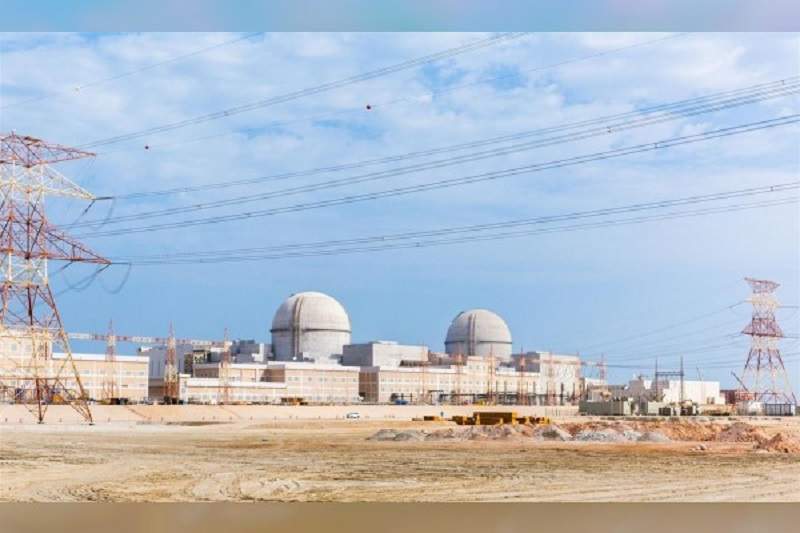
Energy giant EDF has signed a long-term framework agreement with Nawah Energy Company for Barakah nuclear energy plant in the UAE.
A subsidiary of Emirates Nuclear Energy Corporation (ENEC), Nawah is authorised to manage the operations and maintenance (O&M) of the Barakah facility, which is reported to be the first nuclear energy plant in the UAE.

Discover B2B Marketing That Performs
Combine business intelligence and editorial excellence to reach engaged professionals across 36 leading media platforms.
Under the ten-year agreement, EDF will provide Nawah with a wide range of plant support services.
Nawah CEO Mark Reddemann said: “Nawah is delighted about this partnership and we are looking forward not only to bringing on board the expertise of EDF but more importantly we look forward to working closely with the team to ensure safe and secure start-up of Unit 1 at Barakah Nuclear Energy Plant.
“EDF has a phenomenal track record of achievements in the global nuclear industry that we are bringing to Barakah.”
The services to be offered by EDF range from operational safety, radiation protection to fuel-cycle management and environmental monitoring.

US Tariffs are shifting - will you react or anticipate?
Don’t let policy changes catch you off guard. Stay proactive with real-time data and expert analysis.
By GlobalDataAdditionally, EDF will provide engineering studies, on-site support, training and benchmarking sessions among others.
The services provided by EDF under the agreement could also see the involvement of the entire group, including Framatome and a number of EDF’s legacy partners.
The Barakah Nuclear Energy Plant is currently preparing for operations of the first of its four 1,400MW units.
EDF senior executive vice-president in charge on nuclear and thermal fleet Dominique Miniere said: “We are proud that Nawah has recognised EDF Group’s expertise, the world’s leading nuclear operator, by choosing us to provide it with services for the Barakah Nuclear Energy Plant.”
“With this agreement, EDF will be strengthening its position in the UAE’s low-carbon energy sector, thereby reasserting the goal of its CAP 2030 strategy which is to triple its business volumes outside of Europe by 2030.”



